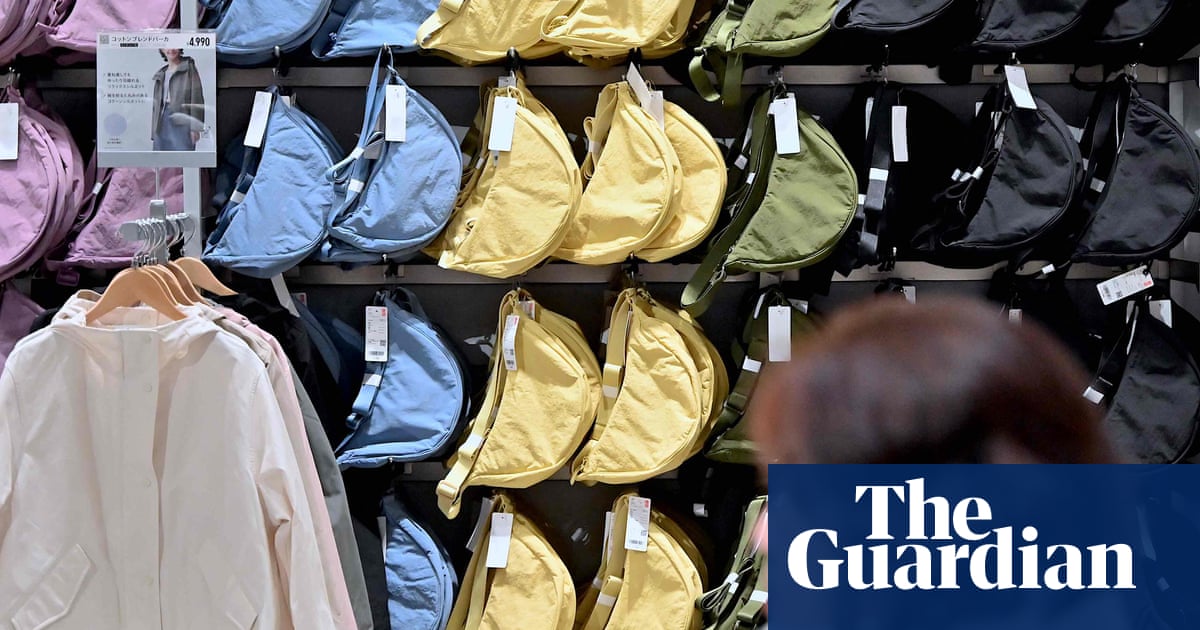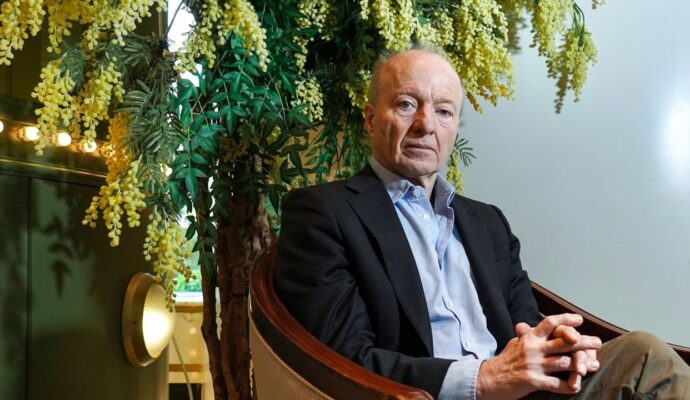
Uniqlo is suing the Chinese online retailer Shein over the sale of items it claims copy its popular banana-shaped it-bag, the “round mini”.
The petition demands Shein immediately stop the sale of “the imitation products” and compensation for damages incurred as a result of their sale. It was filed last month in the Tokyo district court against the fast-growing business’s parent groups Roadget and Fashion Choice, as well as Shein Japan.
Uniqlo said it had filed the complaint “because it has determined that the form of the imitation products sold by Shein closely resembles that of its own product, and that the sale of the imitation products by Shein significantly undermines the high level of customer confidence in the quality of the Uniqlo brand and its products”.
The Japanese company said it “takes a resolute stance against any act that infringes on its intellectual property and will take appropriate measures in response, including legal action”.
A spokesperson for Shein said: “Shein respects the intellectual property rights of others and takes all claims of infringement seriously. We are currently investigating this matter.”
The bag sells for £14.90 and is called “the Mary Poppins bag” for its ability to fit in a surprising amount of items. It has become Uniqlo’s bestselling bag of all time, selling out seven times last year.
Originally released in April 2022, the bag first went viral when the TikTok user @caitlinphillimore posted a 43-second video of herself unpacking her items. They included: a tin of lip balm, a packet of biscuits, a wallet, keys, phone charger, hair clip, over-ear headphones, a camera, a bottle of perfume and her EpiPen. It has been watched more than 700,000 times.
The bag is made of nylon, measures 28cm x 17cm, is available in at least 10 different colours or prints and can be worn on the shoulder or crossbody style.
The action by Uniqlo comes as Shein, which was founded in China in 2008 and sells its low-cost clothes to more than 150 countries, is fighting a growing number of copyright complaints.
Last summer, the Swedish brand H&M filed a copyright lawsuit in Hong Kong against Shein. The accessories and apparel brand Chrome Hearts filed a similar complaint in September.
after newsletter promotion
That same month the Observer spoke to three independent designers who claimed Shein had copied their designs and a further three independent designers, Krista Perry, Larissa Martinez and Jay Baron, filed a suit in the US alleging that Shein sold “exact copies” of their work and that doing this is “part and parcel of Shein’s ‘design’ process and organisational DNA”.
Shein has previously said it had taken steps to prevent infringement, including by its suppliers and marketplace sellers. It said an expanded US product review team and investment in image recognition technology had reduced infringement claims.
The company was founded in China by the entrepreneur Chris Xu and its headquarters are now in Singapore. Shein has grown rapidly by marketing extremely cheap items that quickly jump on trends via social media.
In November, Shein reportedly filed papers flagging a planned US stock market listing that would value the company at up to $90bn (£71bn) and last week was reported to have sought permission from the Chinese government for that plan.

